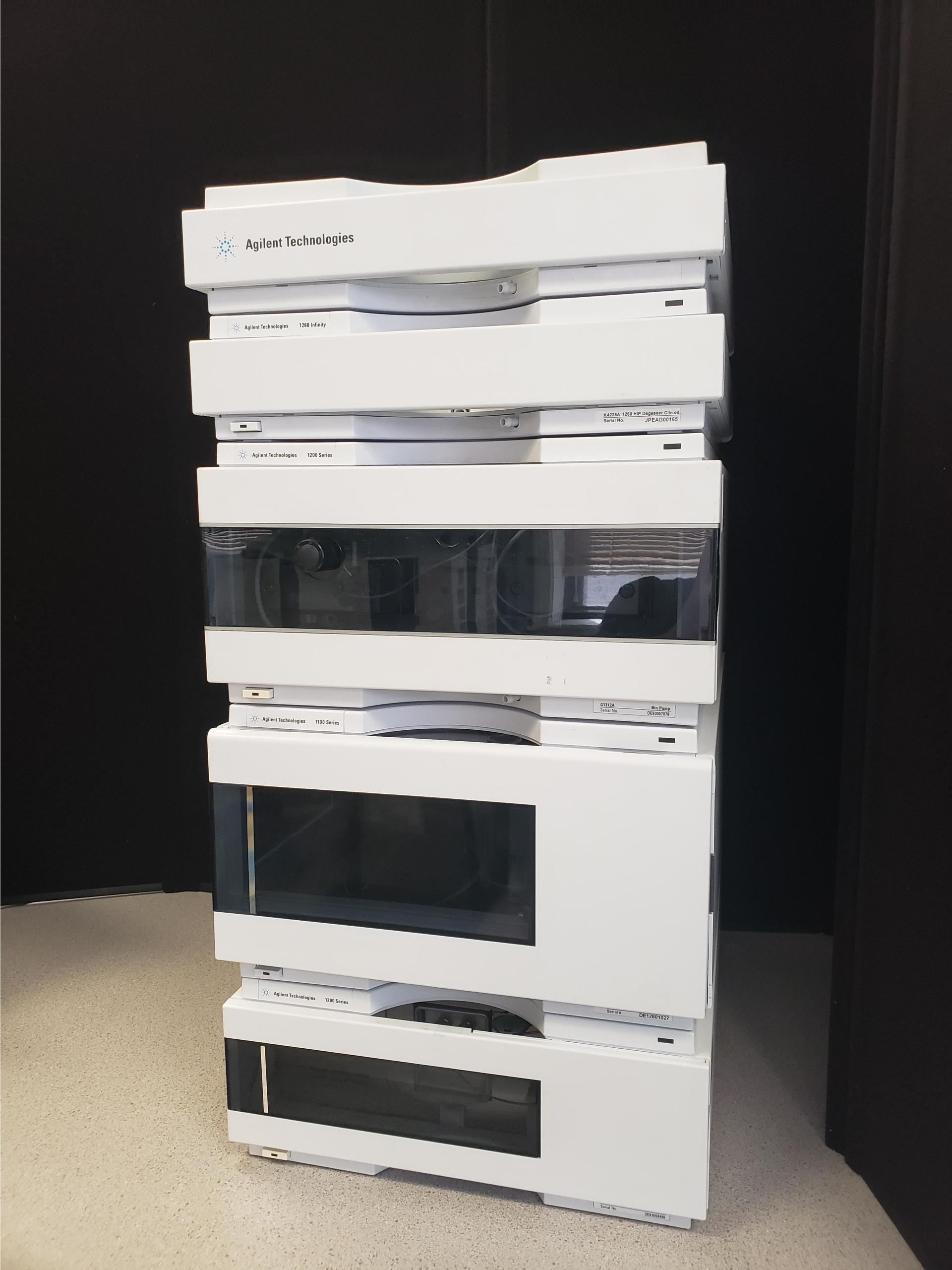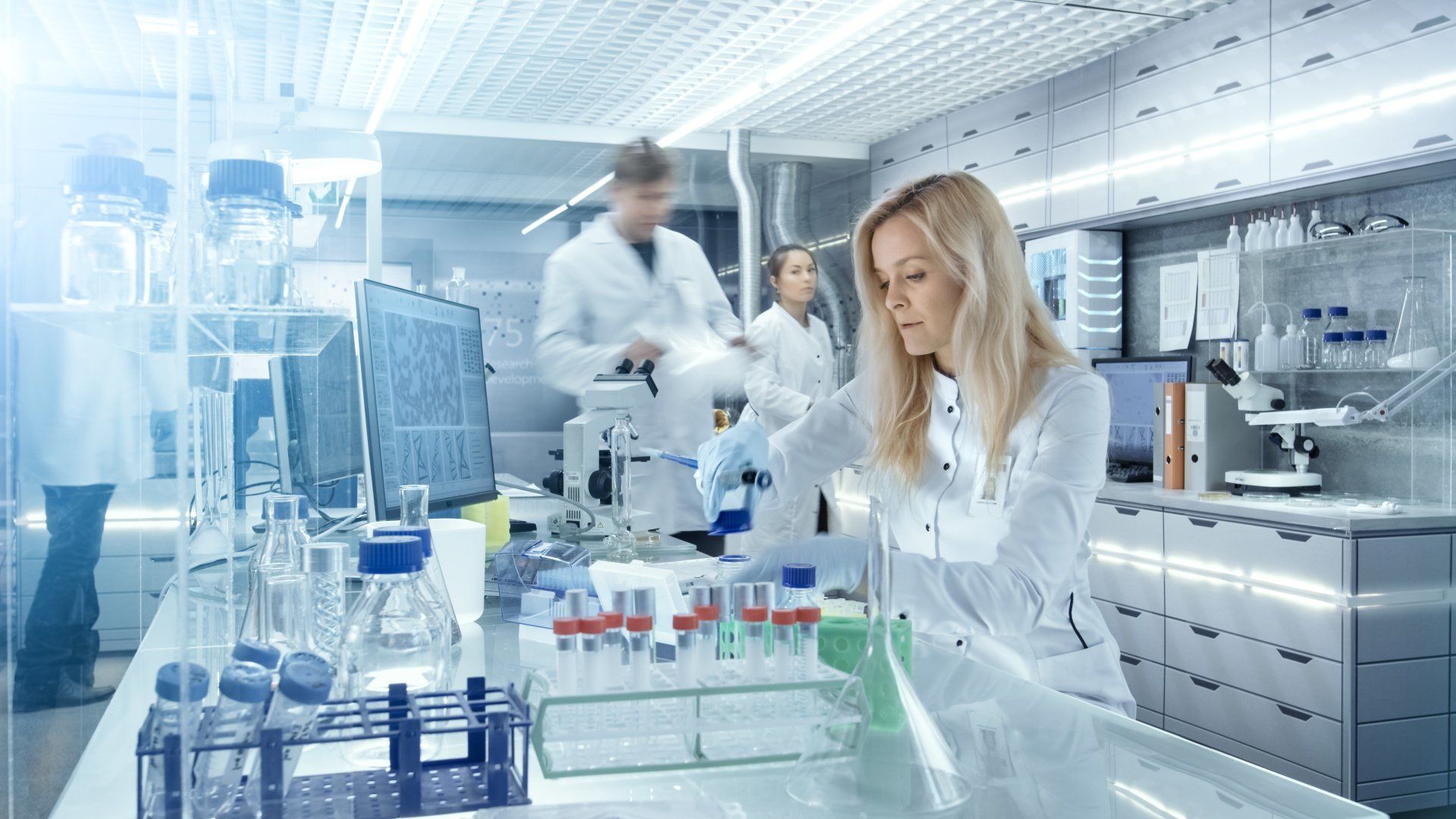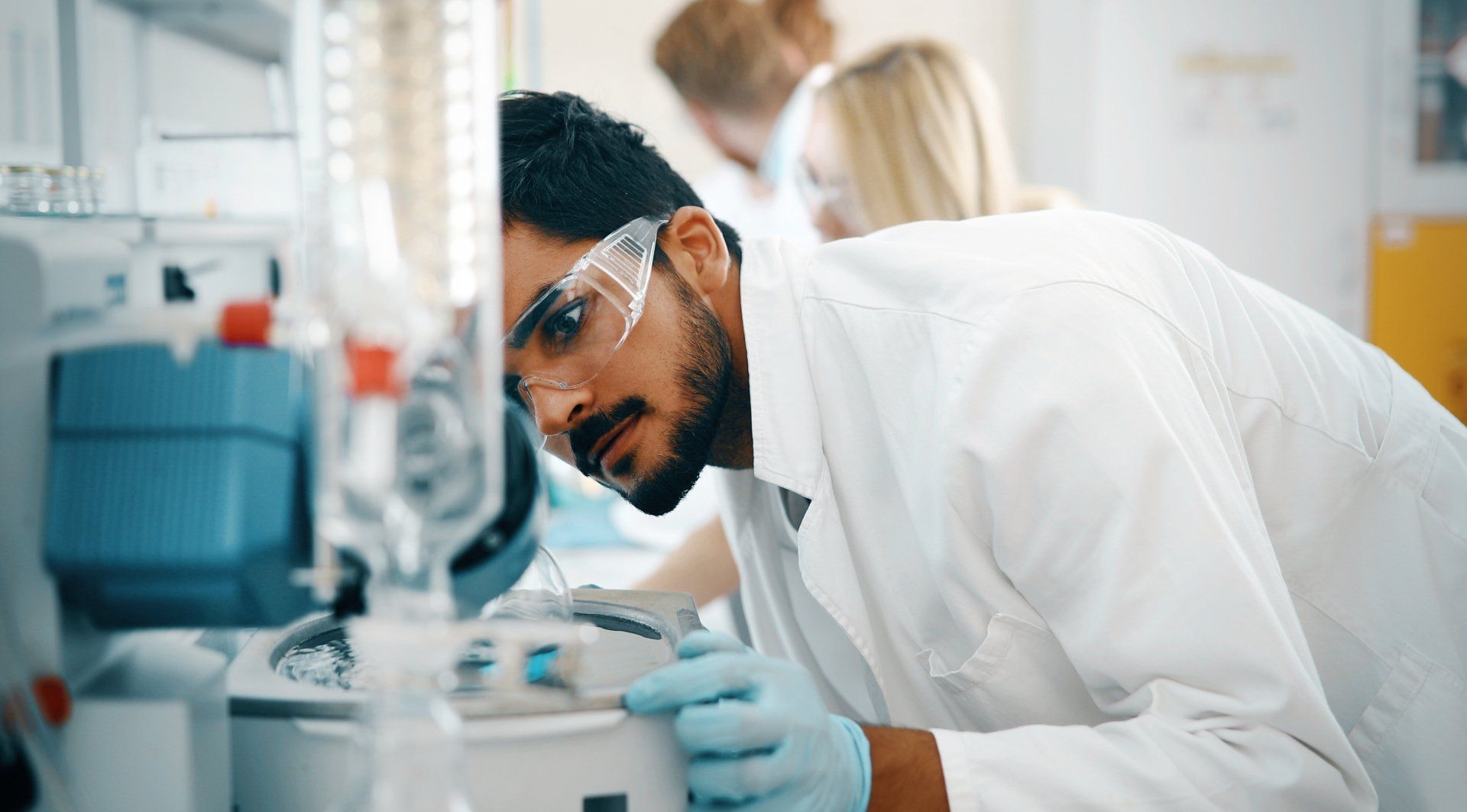About LCMS
How Does LCMS Work?
Ready to get started?
What is Mass Spectrometer?
Differences between LCMS and LMCS-MS and HPLC
What’s the Difference Between LCMS and LCMS-MS?
LCMS uses an HPLC unit paired with a mass spectrometry detector. LCMSMS, or tandem mass spectrometry has two mass spectrometry detectors. LCMSMS allows for multiple ionization events to occur. It is typically used when a single ionization event will not offer the desired sensitivity results.
How does LCMS Differ from HPLC?
While LCMS can be utilized in a similar manner as HPLC because they each leverage liquid chromatography, HPLC uses UV and other detectors, where LCMS uses mass spectrometry detection. HPLC applications require a complete separation as the molecules exit chromatographically, while LCMS can uniquely identify them if they exit together, or with less sophisticated chromatographic techniques.
Juggling is for Circuses.Are you focusing on too many things & not on your science?
What is MS Detection?
What Applications Does LCMS Support?
Juggling is for Circuses.Are you focusing on too many things & not on your science?
What is LCMS?
LCMS Questions
We will get back to you as soon as possible
Please try again later

Subscribe To Our Newsletter
We will get back to you as soon as possible.
Please try again later.



